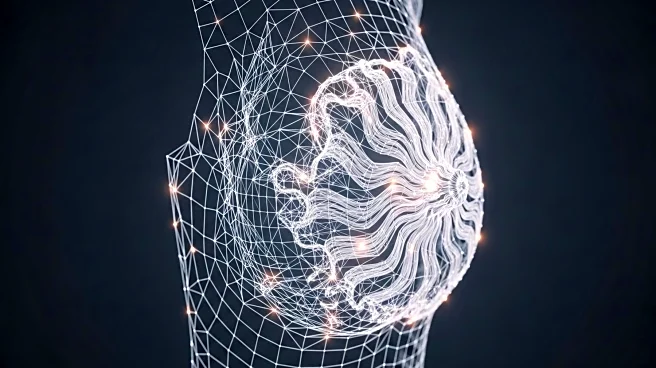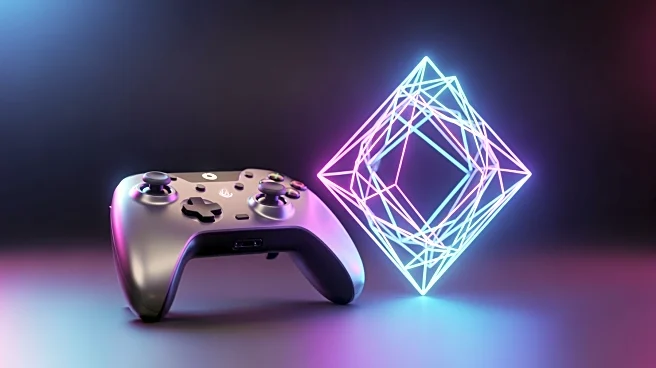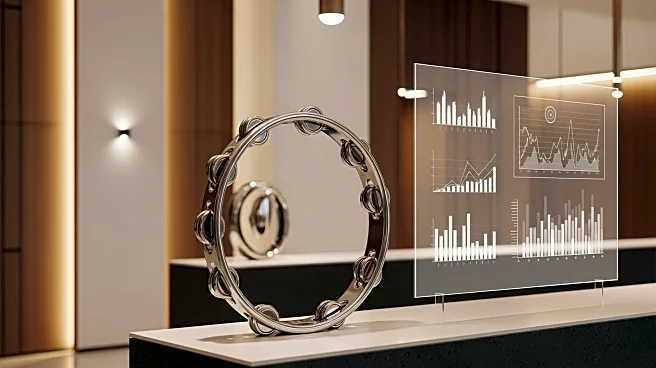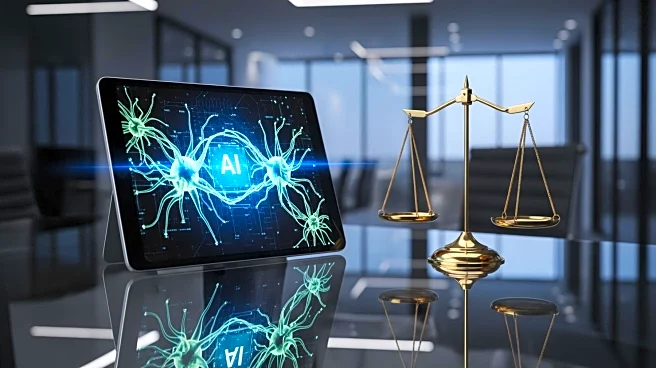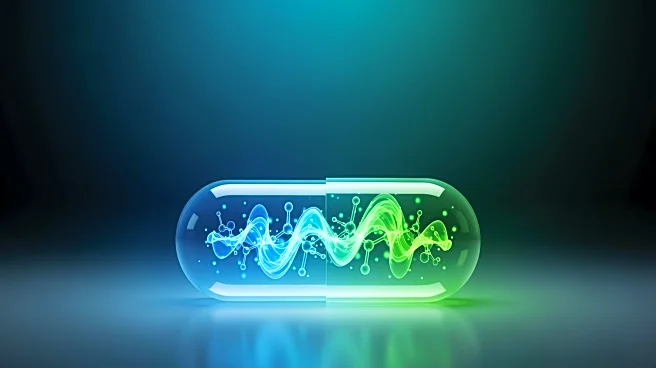What's Happening?
A multicenter study has developed a relation knowledge distillation three-dimensional residual network (RKD-R3D) model to predict breast cancer molecular subtypes using ultrasound videos. The study involved 882 breast cancer patients and utilized 2375 ultrasound videos and 9499 images collected between January 2017 and December 2021. An additional cohort of 86 patients was collected between May 2023 and November 2023 for external testing. The RKD-R3D model was compared against other models and traditional methods, showing superior performance in predicting breast cancer subtypes, particularly in distinguishing triple-negative from non-triple-negative cancers.
Why It's Important?
The development of the RKD-R3D model represents a significant advancement in non-invasive cancer diagnostics. By improving the accuracy of breast cancer subtype predictions, this technology could enhance personalized treatment plans, potentially leading to better patient outcomes. The model's ability to outperform traditional biopsy methods suggests a shift towards more efficient and less invasive diagnostic procedures, which could reduce patient discomfort and healthcare costs. This innovation may also pave the way for further AI applications in medical diagnostics, improving the precision and speed of disease detection.
What's Next?
The successful implementation of the RKD-R3D model could lead to its integration into clinical practice, offering a supplementary tool for oncologists in the management of breast cancer. Further research may focus on refining the model's accuracy and expanding its application to other types of cancer. Additionally, the healthcare industry might see increased investment in AI-driven diagnostic tools, prompting regulatory bodies to establish guidelines for their use. Collaboration between AI researchers and medical professionals will be crucial in advancing these technologies.
